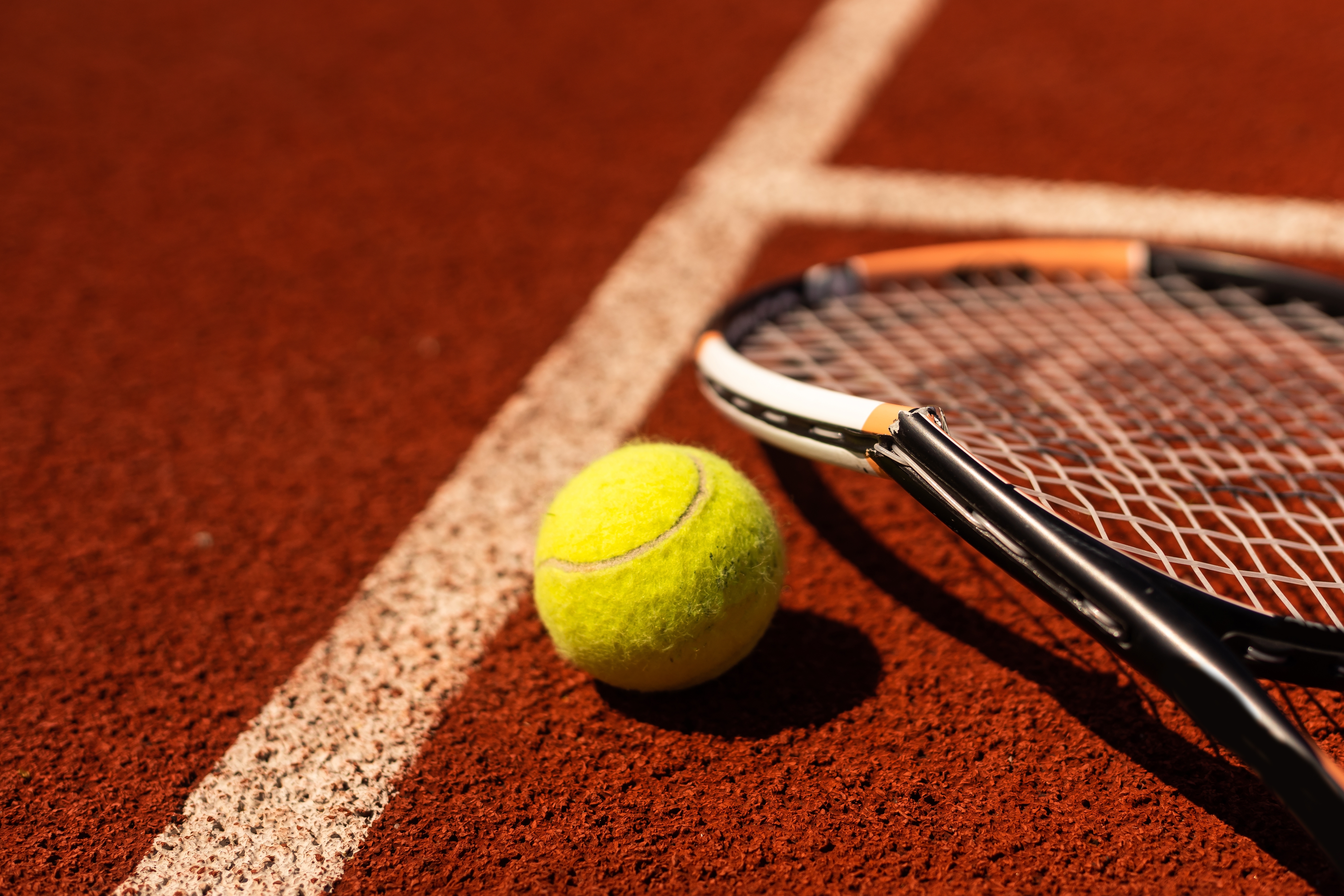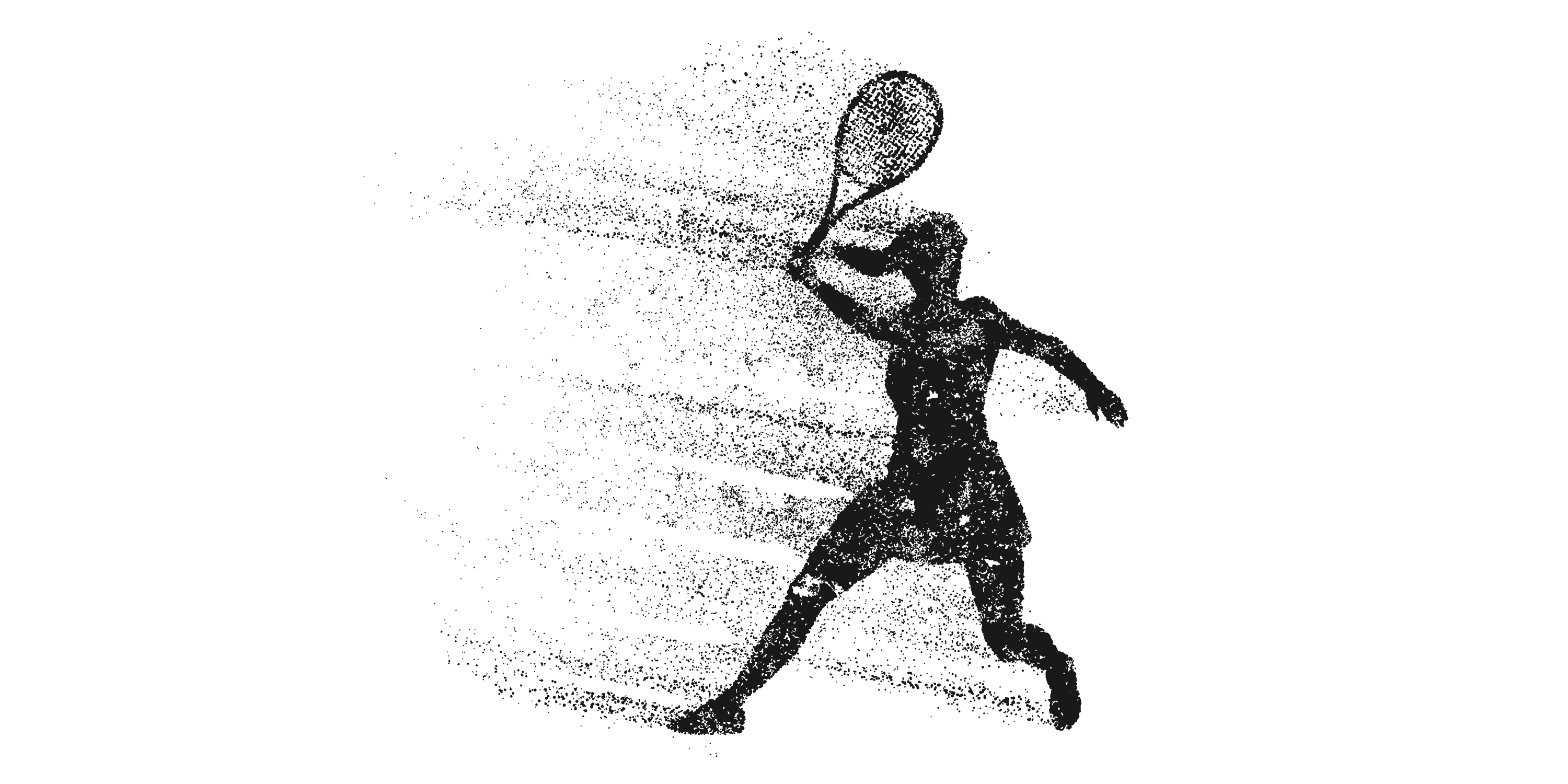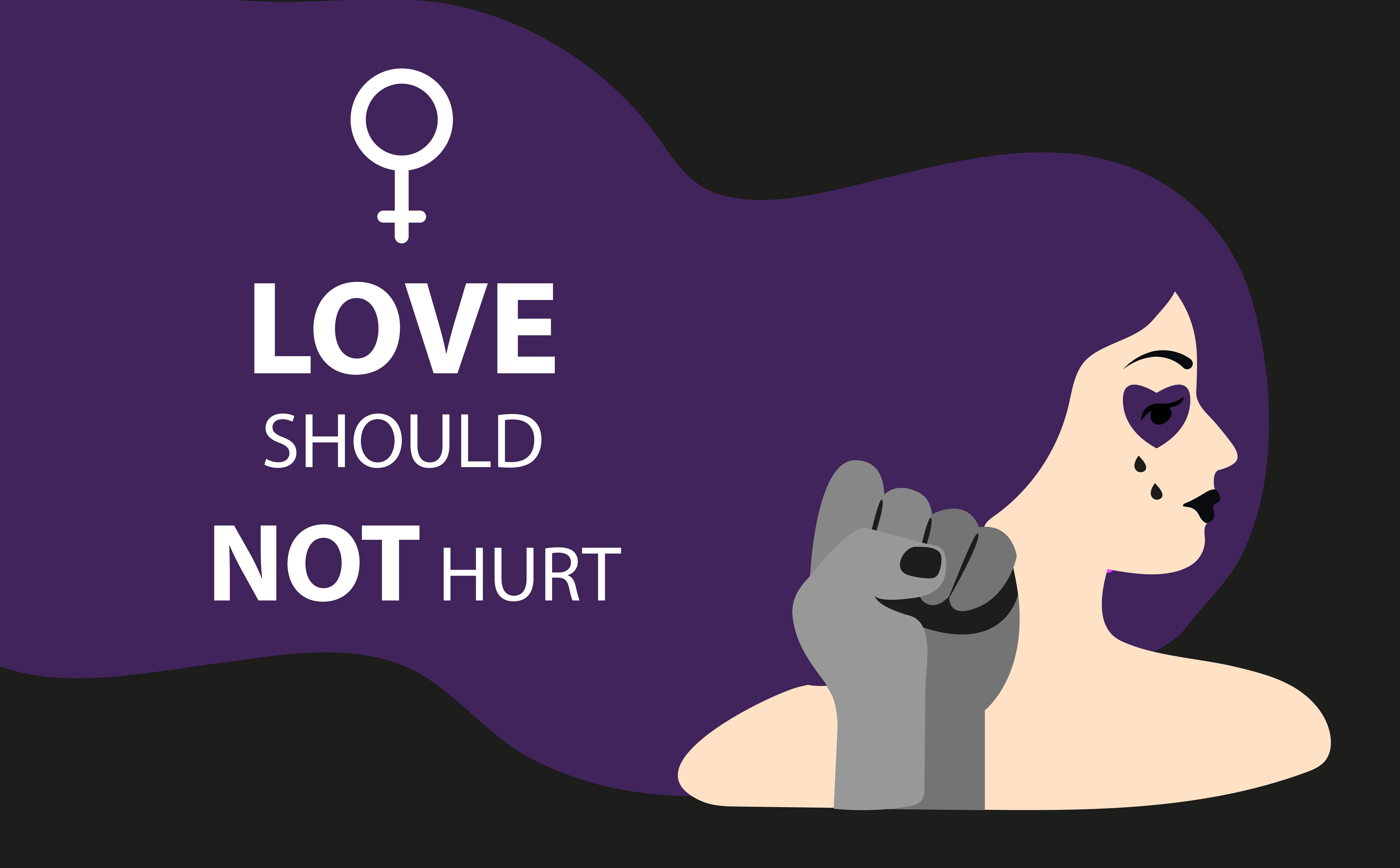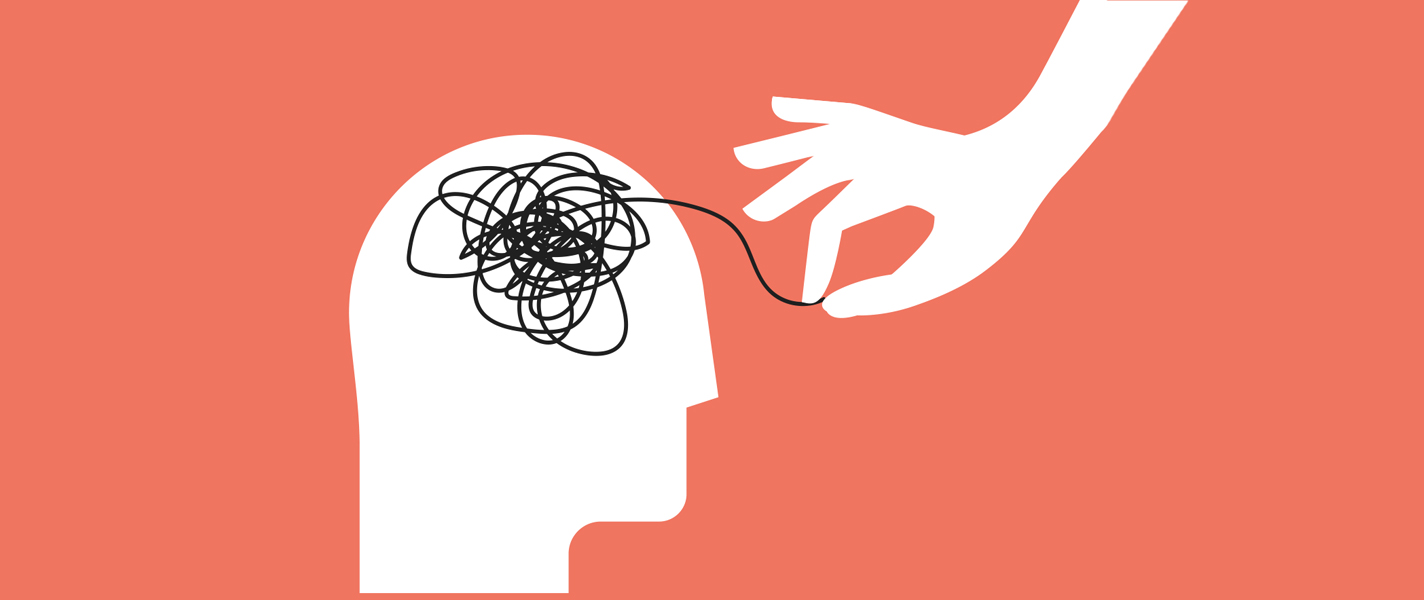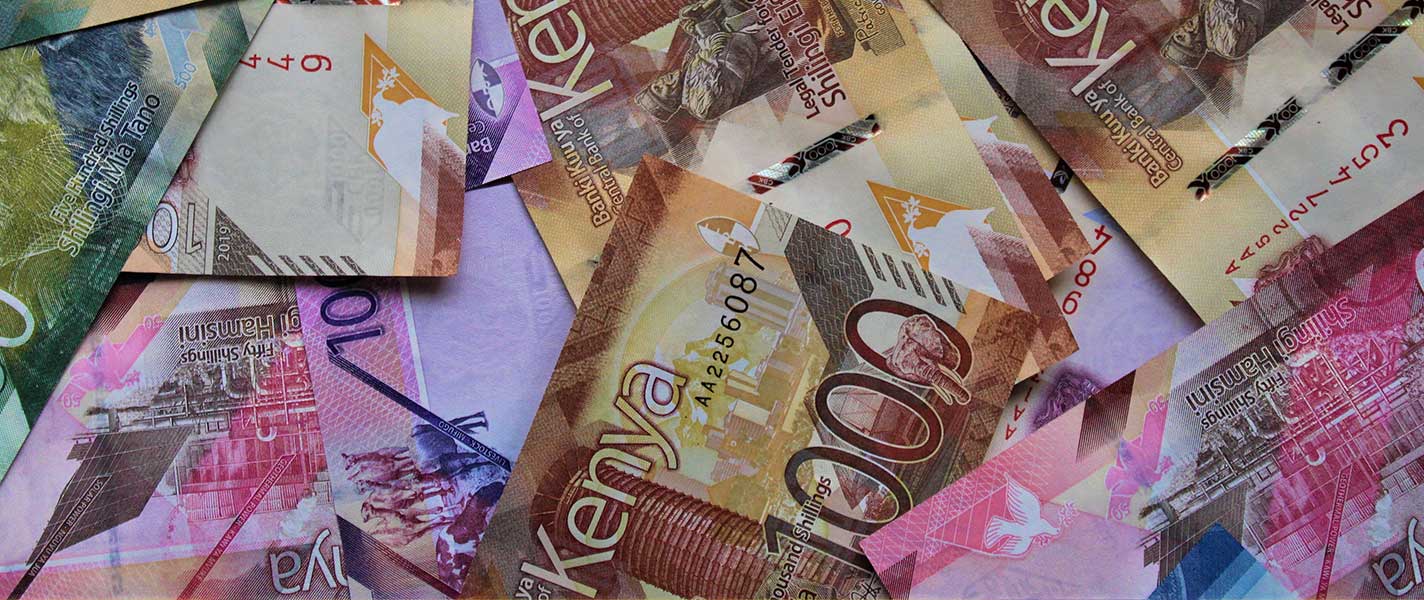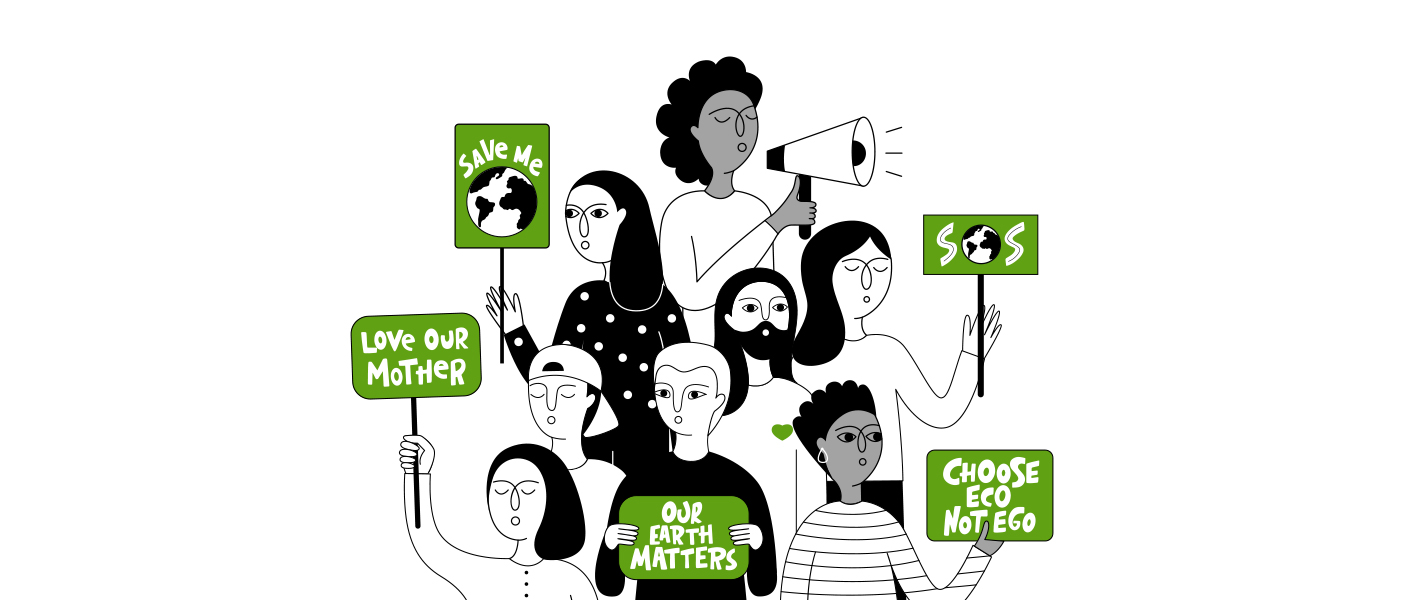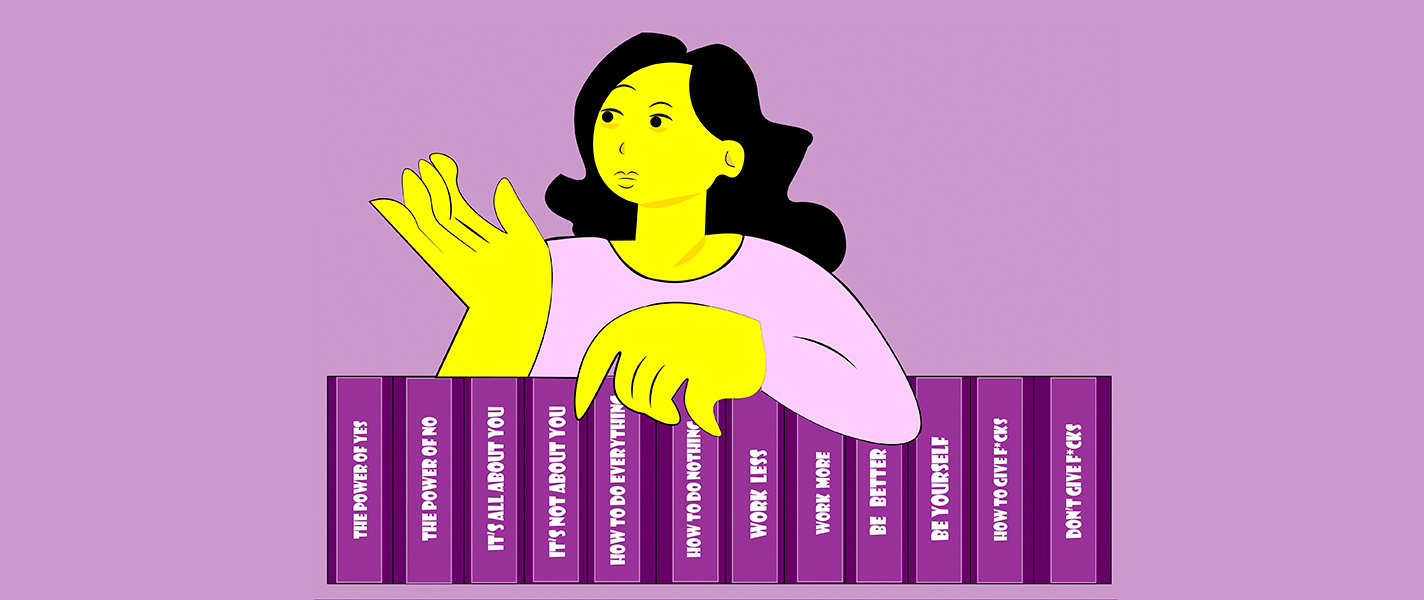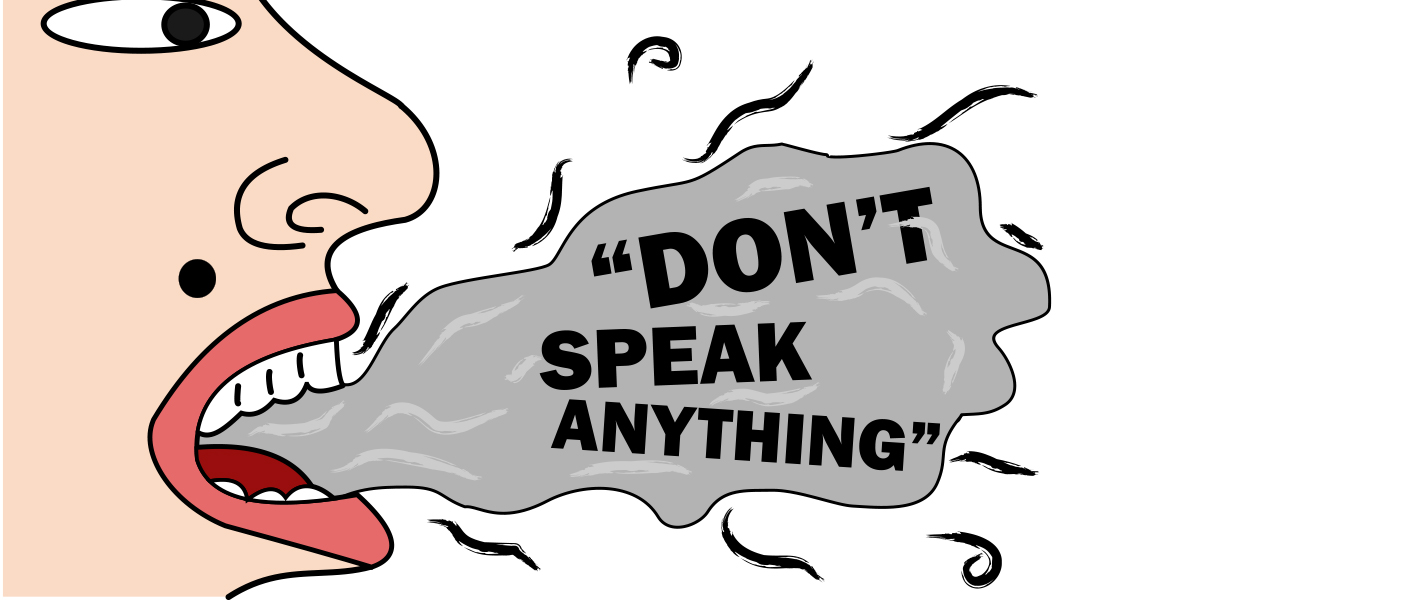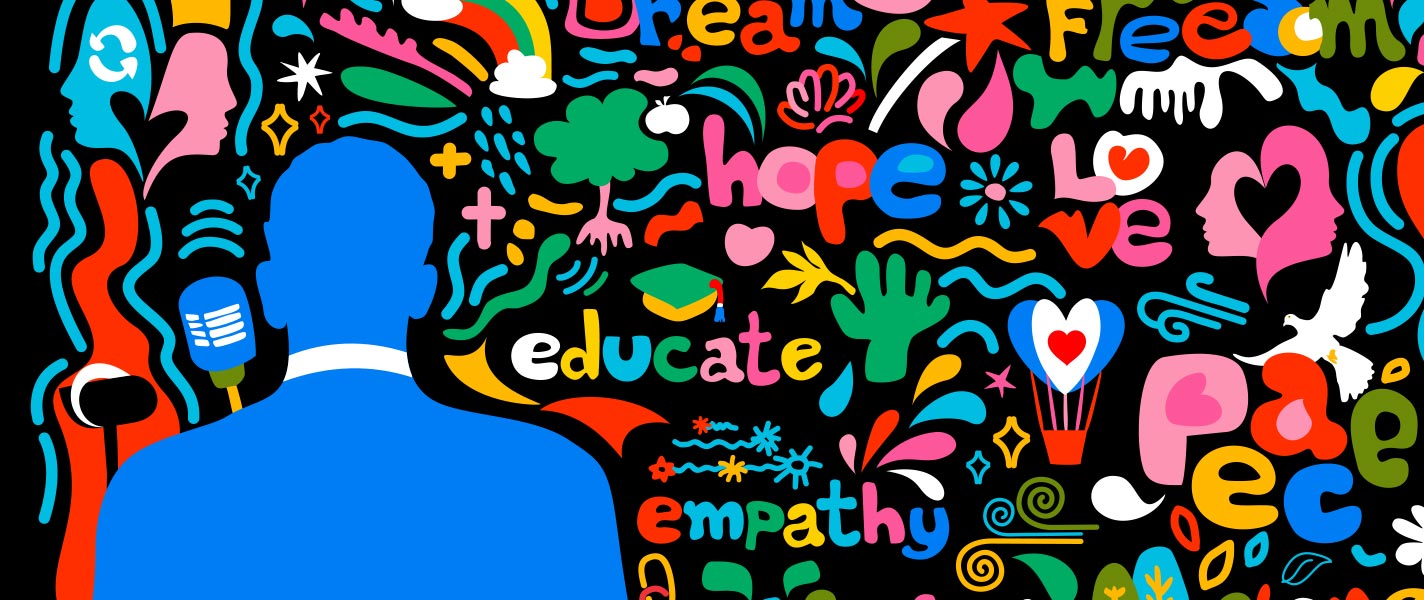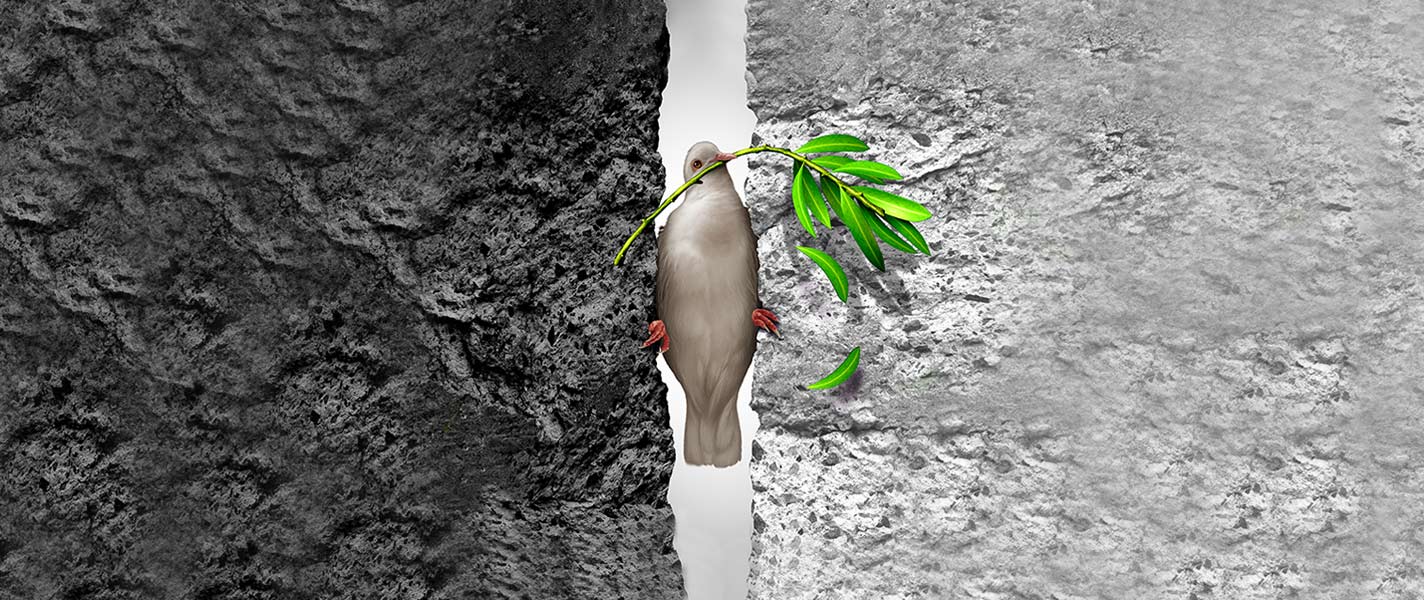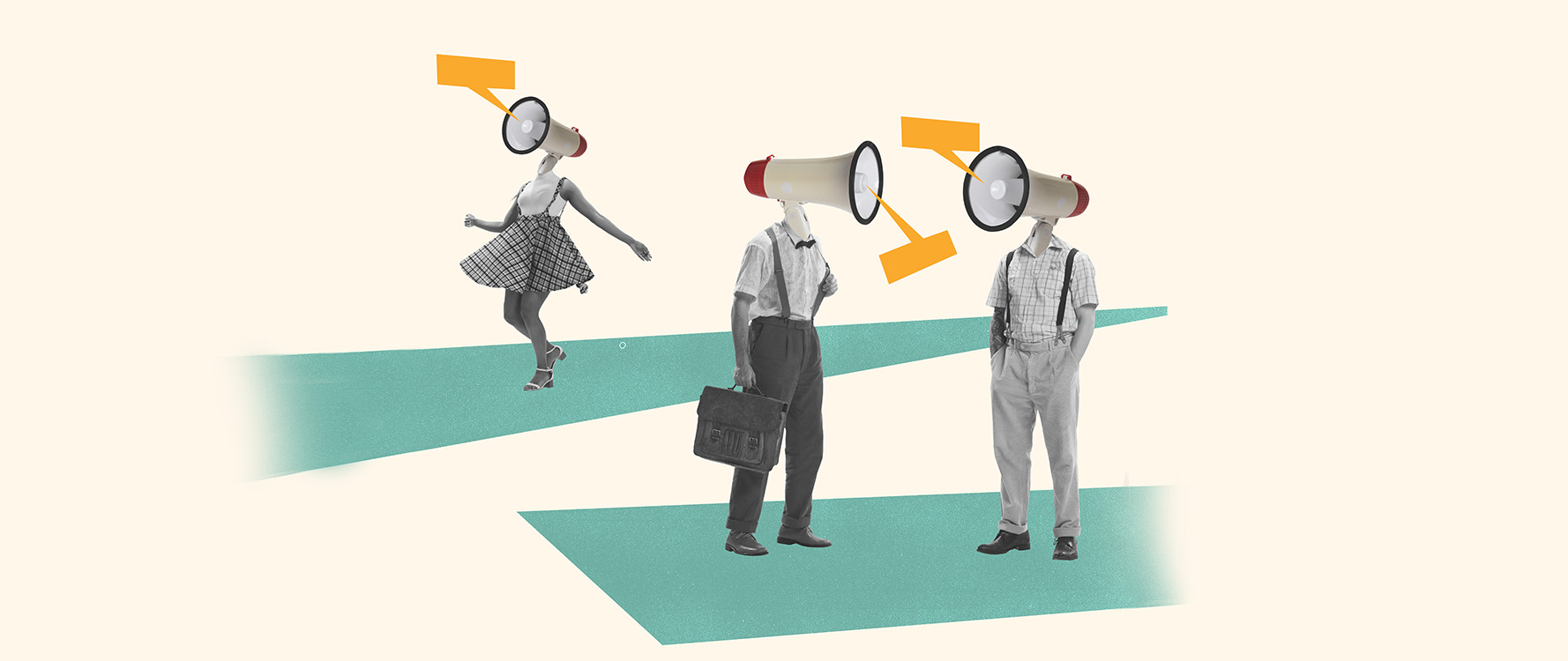Tennis and Mental Health
Tennis is undeniably a sport that demands both physical prowess and strategic acumen. While possessing a strong forehand, backhand, and an effective serve is crucial, these skills alone may fall short in securing victory. The mental aspect, often regarded as a significant slice of the overall success 'cake,' plays a pivotal role in determining a player's triumph on the court.
While the physical part of the game includes endurance and agility, the mental side is about handling pressure, being in the present, being focused, and not giving up until the last minute.
As you read this article, your thoughts are likely drifting to those players renowned for their mental strength.
Among male players, Novak Djokovic stands out as an exemplary figure. His achievement of winning 24 Grand Slam titles is noteworthy, but what sets him apart is the remarkable consistency, unwavering focus, and sustained excellence with which he secured these victories. His speeches unveil that mental strength is a big part of what he does, especially in the way he encourages young people to not give up their dreams and keep going despite the setbacks . By doing that he inspires young people and children, not only ones who are interested in tennis but also the ones in other fields of life: School, business, sport, art…
Let's delve into the intricacies of how Djokovic manages his mental capacity. Was he inherently as mentally strong from the beginning? Personally, I don't believe so. Having listened to nearly every interview outside of his matches, it's evident that Djokovic is not only proficient in expressing himself verbally but also in his tennis game. Throughout his career, he has emphasized the significance of yoga and meditation, practices he integrated early on. Djokovic consistently incorporates yoga into his routine alongside maintaining a vegan lifestyle. In his interviews, he sheds light on his mental processes, often referring to them as mindfulness exercises, providing a comprehensive view of how he cultivates and sustains his mental resilience. As you might already know, *Mindfulness is the basic human ability to be fully in the present, aware of where we are and what we’re doing, and not overly reactive or overwhelmed by what’s going on around us.*1
In his mindfulness practices, there is meditation, journaling, talking with the people around him with his life coach and his spiritual guides, and breathing exercises. All these practices serve Djokovic in grounding himself in the present moment during matches, contributing positively to his game. They involve not only accepting what unfolds on the court but also actively engaging with it. While these practices may seem intriguing, they require substantial commitment and consistency. When Djokovic shares insights into a typical day in his life, he meticulously outlines the order of his daily activities, underscoring the specific place his mindful practices hold in his routine.
We are well aware of the transformative power that yoga and meditation wield on our inner selves. Coping with the pressures, stresses, and adversities of life is a formidable challenge. Regular meditation, as evident in Djokovic's case, proves to be a potent tool in mitigating negative emotions. Beyond the physical aspects, Djokovic's incorporation of these practices reveals a spiritual dimension that significantly contributes to enhancing his mental strength. These habits and practices undoubtedly play a pivotal role in his ability to triumph in tennis, showcasing the immense benefits of cultivating mental resilience through holistic well-being.
Do all tennis players need to engage in similar mental strength exercises? It's highly likely that many already incorporate mental resilience practices or consult with psychologists – a crucial need for professional athletes. Building mental strength is an ongoing process, not an inherent trait one possesses from the start. It is a skill that can be cultivated and refined. A tennis player can actively work on improving their mental fortitude, navigating through challenging moments, tough decisions, and the emotional toll of wins and losses. The journey begins with acknowledging and processing the pain, leading to maturity in the mental aspect of the game, much like other facets of life.
I think Novak’s example is a good way to start thinking about mental toughness. He found his own ways to process his feelings and be in the moment.
What makes a tennis player a champion is not only his perfect game but also his mental strength. And using this strength on the court. So, next time when you watch a tennis match, I suggest you observe the players. How they are handling the pressure. There will be also comebacks in a game. A missing point can be devastating for a player, but there will be surely the ones who are coming after losing a few points or sets. At that moment, we can truly talk about the mental strength capacity of a tennis player.
The article represents the views of the blogger and not those of LEED Initiative.
